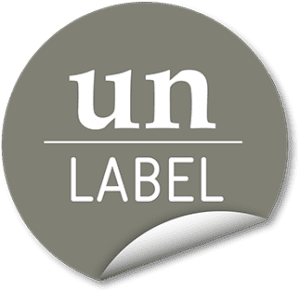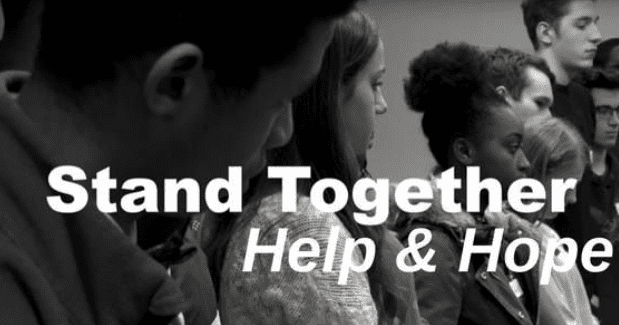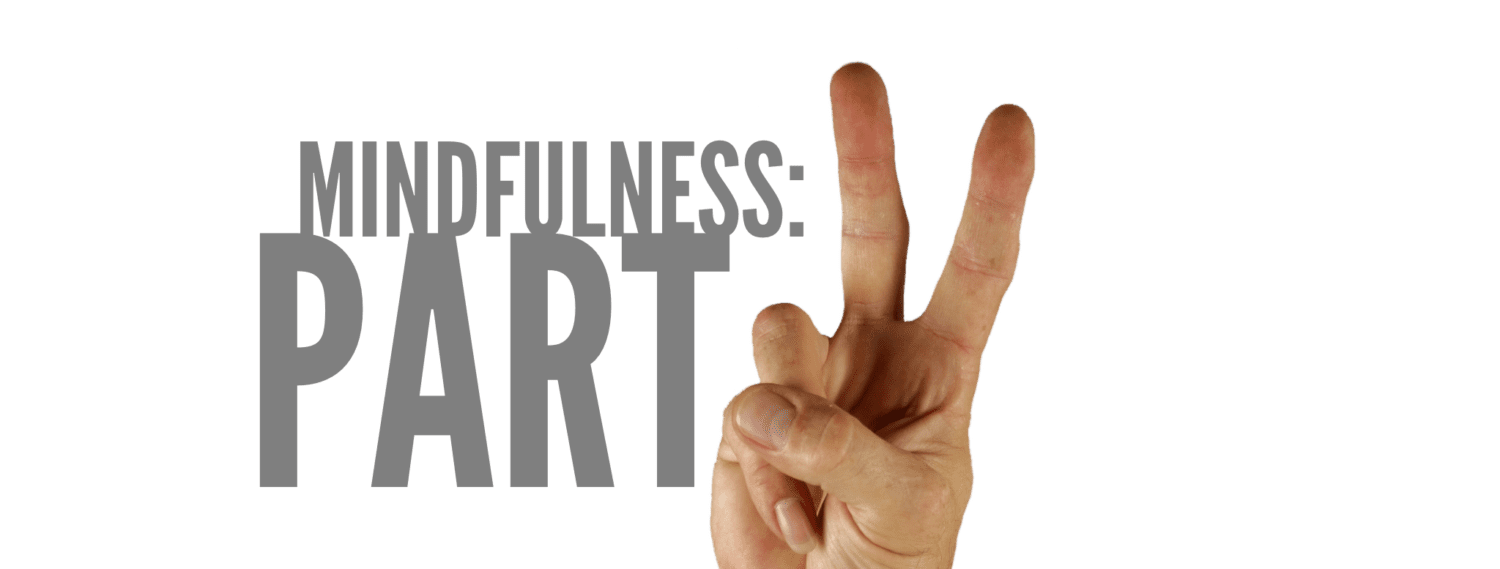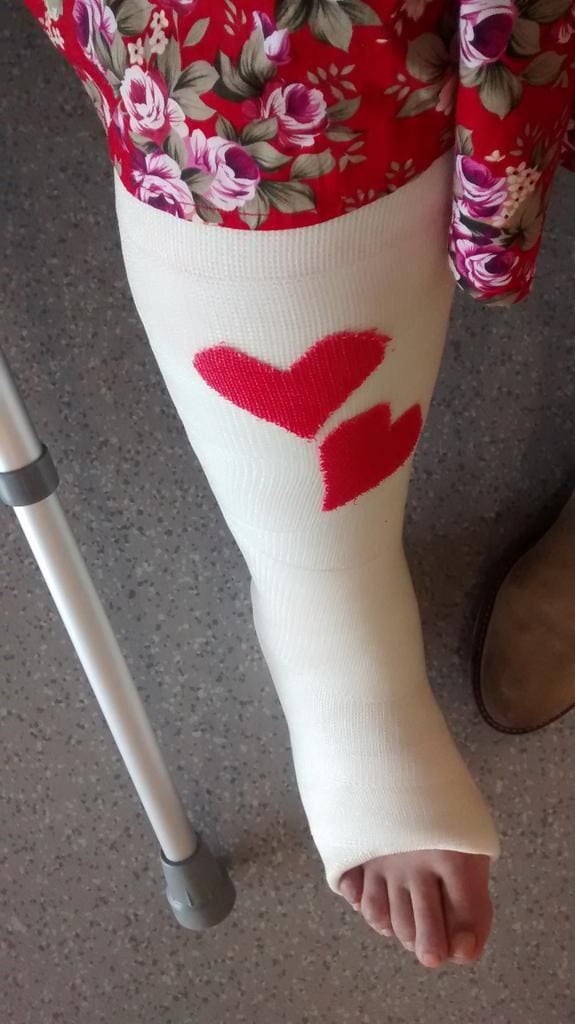Antidepressant Warnings
June 20, 2018 in Educate Yourself
 It’s important to understand the risks of taking any medication. But it’s also important to understand where those risks came from.
It’s important to understand the risks of taking any medication. But it’s also important to understand where those risks came from.
There is a black box warning on antidepressants for children and young adults. This is a warning put out by the Food and Drug Association (FDA) to say that the medication might cause serious injury.
This warning is based on research studies which looked at the possible risks of taking an antidepressant. The studies done on medication are usually randomized controlled trials. The researchers will set certain rules about who can be in the study. Then once they agree to be in the study, the person is randomly selected either to get the real medicine or to get a fake medicine (placebo) which looks the same—or sometimes a different medicine. In the best studies, neither the patient nor the healthcare practitioner evaluating how well they are doing know which medicine they received. (See this link for more information explaining clinical trials.)
In 2004, the FDA looked at a study which combined the results of different studies or a meta-analysis of studies looking at children and adolescents taking antidepressants. They found that no one in these studies died from suicide. But some people did have more thoughts of suicide, or they attempted suicide.
- In the group that didn’t get medicine, suicidal thoughts or behavior happened in 2% of the people.
- In the group that did get medicine, suicidal thoughts or behavior happened in 4% of all the people.
Overall the risk was low in both groups. The risk in the group taking medicine then is thought to be higher by 2 people in 100 (2%).
The problem is, it is tough to know whether antidepressant medications increase the risk of suicide, because the illness they’re designed to treat—depression—increases the risk for suicide. We do know that many more young people experience benefits from antidepressants than experience suicidal thoughts or behavior.
Although it is hard to say what caused what, after the FDA warning came out in 2004, there were fewer antidepressant prescriptions. At the same time, suicide rates went up in young people.
It can be hard to know what to do. This is where health providers can be helpful to patients in thinking about how to weigh the risks and benefits.
- What are the risks of doing nothing? What are the risks of doing something?
- What are the benefits of doing nothing? What are the benefits of doing something?
- What are the different alternatives for that something?
Either way it really helps to have a professional monitor you no matter what you decide to do, but especially when you start to take an antidepressant.
Does the research make sense to you? What further questions do you have that we can help answer?


 Listen to this scenario and see if it sounds familiar: some people are really annoying. Other people just don’t mind their own business. Why is that person staring at me? Why won’t my friend text me back? Why can’t I get this phone, this app, this car to work? Everything is always breaking! Nothing goes my way.
Listen to this scenario and see if it sounds familiar: some people are really annoying. Other people just don’t mind their own business. Why is that person staring at me? Why won’t my friend text me back? Why can’t I get this phone, this app, this car to work? Everything is always breaking! Nothing goes my way.
 You might have a lot of skill in math and science—but when it comes down to it, you could spend all your days just drawing with a charcoal pencil. I think you get it. People have many sides to them. And in one snapshot of their lives—they are one way—at another stage they might have left certain things behind and now there are new adjectives to describe who they are.
You might have a lot of skill in math and science—but when it comes down to it, you could spend all your days just drawing with a charcoal pencil. I think you get it. People have many sides to them. And in one snapshot of their lives—they are one way—at another stage they might have left certain things behind and now there are new adjectives to describe who they are.












Recent Comments